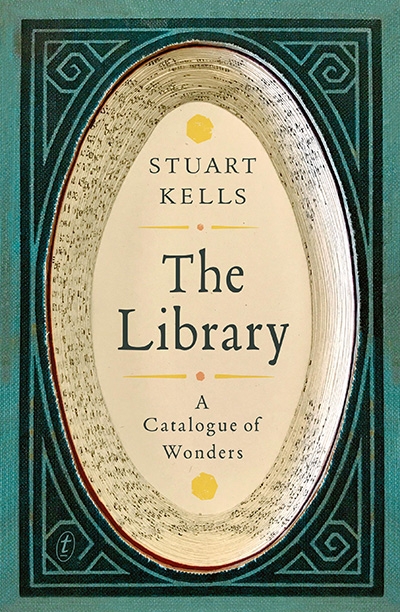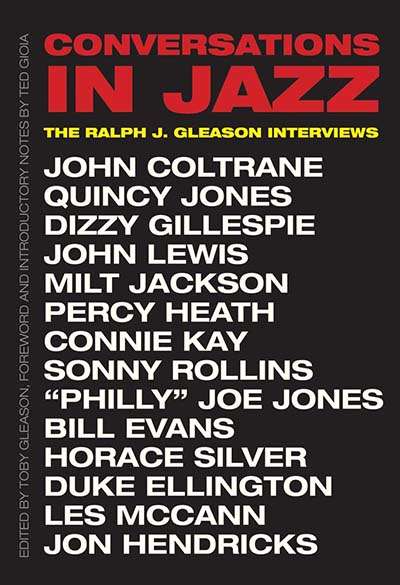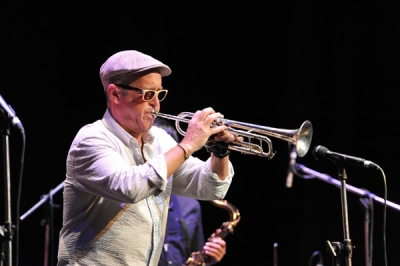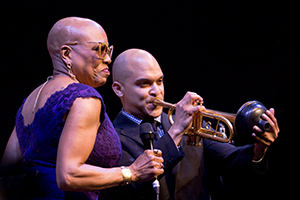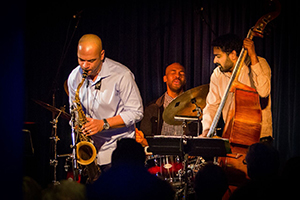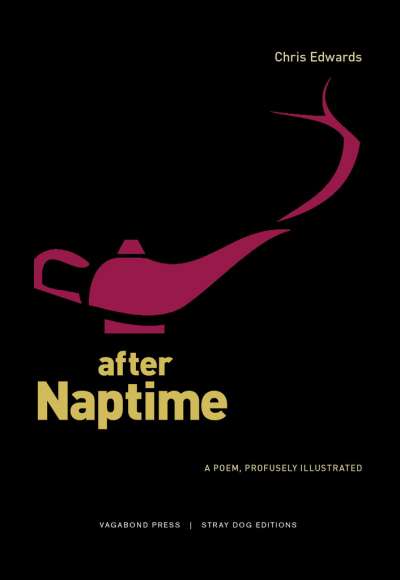Accessibility Tools
- Content scaling 100%
- Font size 100%
- Line height 100%
- Letter spacing 100%
Des Cowley
The ABR Podcast
Released every Thursday, the ABR podcast features our finest reviews, poetry, fiction, interviews, and commentary.
Subscribe via iTunes, Stitcher, Google, or Spotify, or search for ‘The ABR Podcast’ on your favourite podcast app.
‘Where is Nancy?’ Paradoxes in the pursuit of freedom
by Marilyn Lake
This week on The ABR Podcast, Marilyn Lake reviews The Art of Power: My story as America’s first woman Speaker of the House by Nancy Pelosi. The Art of Power, explains Lake, tells how Pelosi, ‘a mother of five and a housewife from California’, became the first woman Speaker of the United States House of Representatives. Marilyn Lake is a Professorial Fellow at the University of Melbourne. Listen to Marilyn Lake’s ‘Where is Nancy?’ Paradoxes in the pursuit of freedom’, published in the November issue of ABR.
Recent episodes:
Conversations in Jazz: The Ralph J. Gleason interviews edited by Toby Gleason
In his introduction to the opening night concert of the Melbourne International Jazz Festival (MIJF), Michael Tortoni, the artistic director, noted that some 43,000 patrons were expected to attend over 120 concerts during this year's program. That is a lot of devotees to a musical form often ...
... (read more)This year's Wangaratta Festival delivered two outstanding performances of extended works composed for large ensembles: Dave Douglas's suite Fabliaux and Lloyd Swanton's Ambon, inspired by his uncle's experiences as a prisoner of war from 1942–45.
American trumpeter Dave Douglas has been a leading figure in jazz since the early 1990s, when ...
It is tempting to draw parallels between Anton Corbijn’s Life and the director’s own personal history, in particular his series of striking 1979 black-and-white photographs of UK band Joy Division. The Dutch photographer, upon hearing the band’s first album, Unknown Pleasures, was convinced something great was in the offing, and set out for Engla ...


